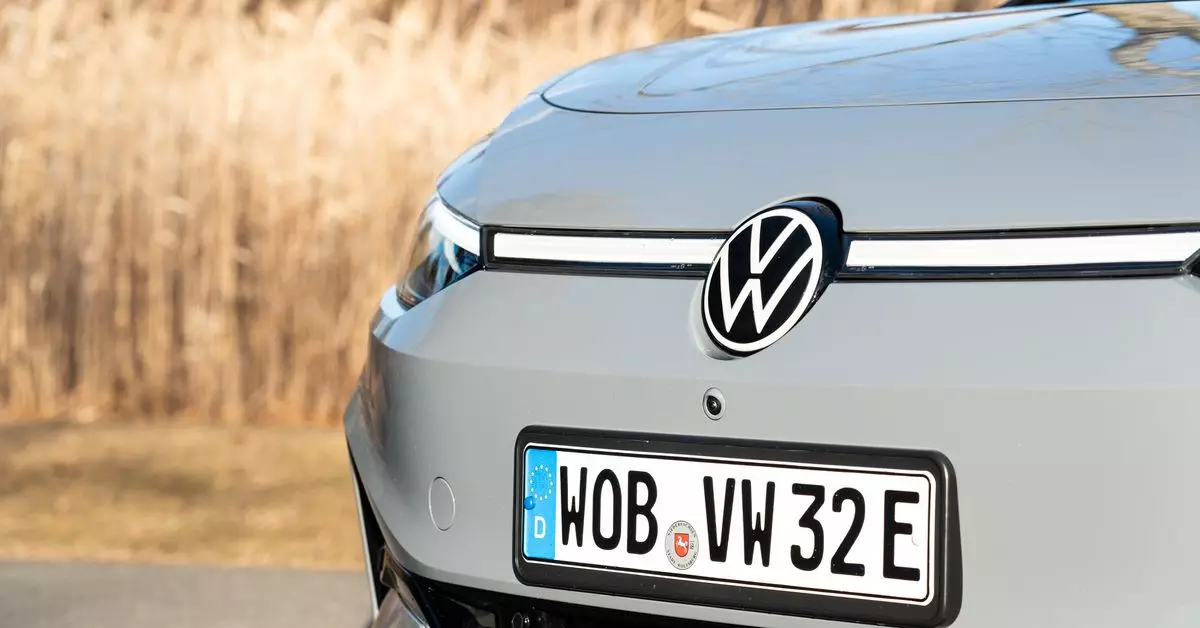The automotive industry is rapidly evolving, with electric vehicles (EVs) at the forefront of innovation. However, this progress comes with increased vulnerabilities, as highlighted by a concerning report from Der Spiegel. Approximately 800,000 electric Volkswagen vehicles had their location data exposed online due to a severe data leak linked to the company’s internal software systems. This dizzying number reveals not only the scale of the breach but also raises alarms about the consequences of such a significant failure in data security.
Implications for Privacy and Security
The ramifications of the data leak extend beyond mere inconvenience for drivers; they pose substantial risks to personal privacy and security. Data concerning vehicle whereabouts, coupled with personal identifiers such as names, phone numbers, and addresses, could enable malicious actors to track individuals with alarming precision. The breach reportedly allowed access to vehicle location data that could pinpoint exactly where cars were at any given time—information that is particularly sensitive in today’s digital age. Such vulnerabilities could invoke real fears of stalking or theft, presenting a wake-up call for manufacturers navigating the complexities of connected car technology.
Importantly, the exposure was brought to light by a whistleblower who reported the issue to Der Spiegel and the European hacking group Chaos Computer Club. This proactive stance underscores the critical role that internal vigilance plays within corporations. While many companies may prioritize profit and technological advancement over cybersecurity, it is whistleblowers who often catalyze necessary changes to safeguard consumer information. Their contributions highlight a vital element of corporate accountability and ethics in a landscape where technology continues to compete with privacy.
The Role of Cariad
At the heart of the debacle lies Cariad, a subsidiary responsible for Volkswagen’s software operations. According to Der Spiegel, vulnerabilities in Cariad’s systems paved the way for potential exploitation by malicious parties. The leakage underscores the urgency for car manufacturers to re-evaluate the architecture of their software and data protocols. Storing vast amounts of sensitive location data on cloud services like Amazon Web Services, while convenient, exposes consumers to significant risks if not managed properly. The incident serves as a reminder for all companies in the sector to adopt stringent data protection measures.
As we witness the proliferation of connected vehicles, the automotive industry must take decisive action to fortify cybersecurity frameworks. This incident with Volkswagen should serve as a blueprint for what can go wrong when data security is compromised. Ensuring that personal information is built through robust encryption methods, regular audits, and stringent access controls is paramount. There is a pressing need for increased transparency regarding how user data is collected, stored, and protected.
The recent Volkswagen data breach is a stark reminder of the potential pitfalls in the age of the connected car. Companies must implement not only cutting-edge technology but also unyielding security protocols to protect consumer information as they embrace the shift toward electric and autonomous vehicles.


Leave a Reply